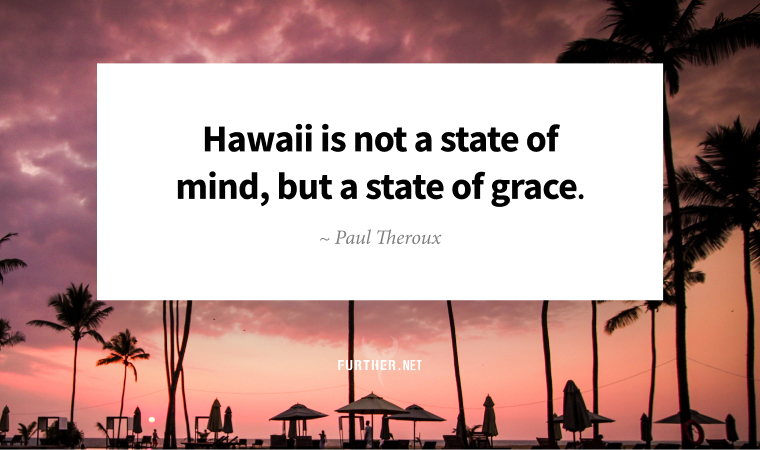
Years ago, I had a terrible falling out with a close friend and neighbor. The conflict-causing issue was on her end, but my handling of the situation amplified the rift. While I hoped to talk things out, she refused. For months, I vacillated between fury and frustration, gloom and guilt.
Finally, another friend to whom I confided my anguish suggested I try a healing Hawaiian practice called ho‘oponopono. It involved repeating a simple mantra that encapsulated the opposite of what I was feeling: love, repentance, forgiveness, and gratitude.
Desperate for relief, I gave it a whirl, repeating the mantra every day as I walked my dog past the ex-friend’s house. After a few weeks, the emotional black cloud began to lift. And in its place, I felt something I hadn’t in nearly a year: peace.
Pono Express
For centuries, native Hawaiians have seen health holistically, encompassing not just physical but also psychological, spiritual, and emotional aspects. This system is called “Huna,” and it has a central concept of “pono,” which essentially means “right” — not as in morally correct, but rather as being in sync with nature, other people, and yourself.
Pono is feeling profound respect for everything and everyone and, with it, a deep sense of self-respect.
To the ancient Hawaiians, being pono wasn’t a once-in-a-while state; it was seen as a daily necessity for health and well-being. When that feeling was off-kilter, they took action to restore balance with ho‘oponopono.
Aloha, Angst
While the process is considered a “forgiveness” practice, ho‘oponopono transcends the Western concept of that word.
It’s not a one-shot process of ‘getting over’ whatever caused you pain so you can feel a little better. It’s not about letting whoever harmed you ‘off the hook’ and removing judgment. It’s a way of life.
The words of the mantra are simple, but when you actively commit their meaning into your consciousness, they become a means of profound reconciliation:
- I love you
- I’m sorry
- Please forgive me
- Thank you
The friend who taught me this mantra told me it wasn’t necessarily specific to any individual. These sentiments can clear emotional baggage from your ancestors to the present day, with others and yourself.
The idea isn’t to absolve wrongdoing because we humans make mistakes and hurt others. It’s about continuously realigning with your values so you can connect with what matters, disconnect from what and who drains your energy and vitality, and regain balance and harmony.
The beauty of ho‘oponopono to me went beyond simple forgiveness. Choosing to focus on uplifting thoughts over self-recrimination, anger, and shame allowed me to let go and move on in the grace of an aloha state.
Pono: The Hawaiian Key to Health (Psychology Today)
